For well over a decade, thousands of people who rent apartments in the District of Columbia were overcharged by their landlords. Most of them don’t know it.
Larger apartment buildings in DC that were constructed before 1975 are subject to rent stabilization, which makes housing somewhat more affordable. In properties subject to rent stabilization, annual rent increases are limited in most situations to the inflation rate plus 2%. This protects renters against sudden, large rent increases.
Some large housing providers circumvented the rent stabilization law using false advertising, predatory leases, and the claim that the rent was $1,000 or more above the actual rent paid, minus a supposed discount – a “concession. They based the inflation plus 2% rent increase on the false, inflated number.
The Bowser administration deliberately looked the other way while thousands of DC residents were overcharged, despite ample evidence of wrongdoing and many pleas by rental housing advocates. This inaction has made rental housing less affordable – even for those living in newer apartments not covered by rent stabilization.
Despite the administration’s failure to stand up for tenants, rental housing advocates helped put an end to the “rent concessions” scam. Here are the most important actions that killed it:
The Van Ness South Tenants Association blew the whistle on Equity Residential corporation’s use of “rent concessions” at the apartment complex at 3003 Van Ness NW, alerting the office of Attorney General Karl Racine. The AG filed suit against Equity, winning $1 million for tenants who had been overcharged.
Tenant advocates worked with Councilmember Anita Bonds, chairperson of the city council’s Committee on Housing and Executive Administration, to pass a law confirming that the definition of the word “rent” is the amount one pays for the right to occupy a residence.
Gabriel Fineman, former member of the board of the Van Ness South Tenants Association, won his case on appeal before the Rental Housing Commission, confirming the obvious dictionary definition of the word “rent.”
Harry Gural, current president of the Van Ness South Tenants Association, won his case on appeal before the Rental Housing Commission, which again upheld the dictionary definition of the word “rent.”
Because of these developments, housing providers like Equity Residential that for years had used the “rent concession” scam to overcharge their customers seem to have stopped the practice.
Unfortunately, even now the Bowser administration has failed to inform the thousands of other DC residents who were overcharged. It has failed to identify the housing providers that used the “rent concession” scam to overcharge their tenants, despite the fact that the evidence lies in rent records in city archives. The rent records by law were supposed to have been published in a public database, but that hasn’t happened.
For these reasons, thousands of DC residents still don’t know that they were overcharged and that they might be due hundreds or thousands of dollars in restitution.

